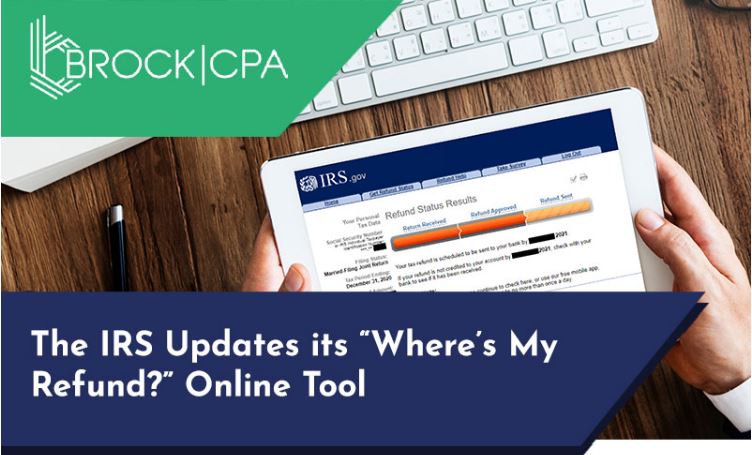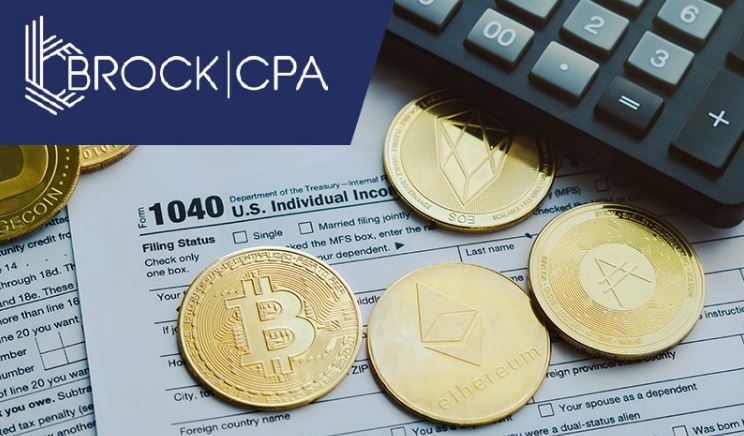The Internal Revenue Service (IRS) has recently made improvements to its popular “Where’s My Refund?” tool, a feature that allows taxpayers to monitor their tax return status online.
This upgrade is especially crucial for those still waiting for their current tax returns, as well as those awaiting refunds from the previous two years due to the processing backlogs caused by the COVID-19 pandemic.
Taxpayers can now use the tool to check their refund status for any of the three most recent tax years, 2019, 2020, and 2021, by providing their Social Security number or ITIN, filing status, and the expected refund amount from their original tax return. The IRS has encouraged taxpayers to file their returns as soon as possible, and to take advantage of the updated online tool to check their refund status.


